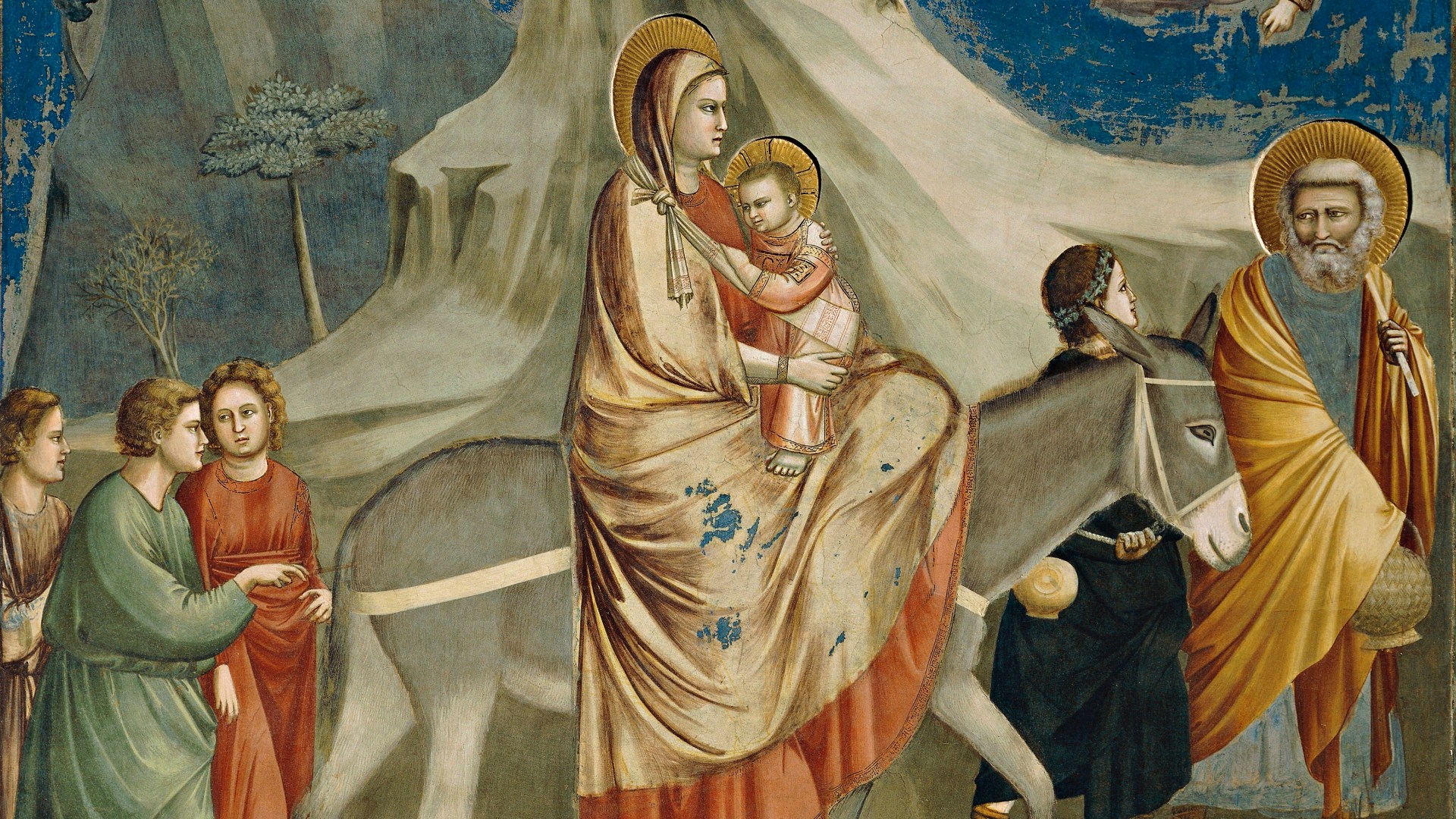The sound bomb exploded right behind the Egyptian Museum on Cairo’s Tahrir Square, throwing Ibrahim Morgan’s Swedish tour group into a temporary panic.
Then they settled back down and finished their tea.
This latest tactic in Egypt’s Islamist insurgency is meant to instill terror without harming civilians. It seeks to convey a message to citizen and tourist alike: Egypt is unstable.
This has been the dominant narrative abroad regarding Egypt, thanks to three years of instability, four presidents, and two revolutions. However, some locals like Morgan disagree.
“We know it is nonsense what the media says about Egypt,” Morgan said after the November 28 incident. “This group is here and they have had a great time.” The Swedes nodded in appreciation.
But relatively speaking, they are among the few. Since hitting a highwater mark of 14.7 million visitors in 2010, Egypt’s tourism numbers declined by a third, devastating the economy. The sector represented more than one-tenth of Egypt’s GDP, and tens of thousands have lost their livelihood.
Once stability—or its perception—returns, the numbers will likely rebound. The Giza pyramids, the temples of Luxor and Aswan, and the medieval mosques of Islamic Cairo will long attract international visitors.
But in October, the government launched a unique campaign to increase a segment representing only 1.9 percent of total tourists: Christian pilgrims. To do so, Prime Minister Ibrahim Mehlab and Coptic Orthodox Pope Tawadros II promoted the most noteworthy biblical example.
“Jesus was the first 'tourist' to Egypt," said Tawadros at the launch event, according to AsiaNews. "For us, for our community, his stay in this land has been a blessing for the present and for the future.”
Scholars would say Jesus was more akin to a refugee. According to the Gospel of Matthew, the Holy Family fled to Egypt from the wrath of King Herod.
According to the traditions of the Coptic Orthodox Church, they remained for over three years. Their 2,200 mile route, primarily based on the fourth century Pope Theophilus’ vision of the Virgin Mary, includes 25 official stops stretching from north Sinai through the Nile Delta, into Cairo, and then to Upper Egypt.
But will Christian tourists care?
Protestants may not. “They believe Jesus was in Egypt because it was written [in the Bible],” said Sandro Bernardi, a Brazilian specializing in Protestant religious tours to Israel and Mount Sinai, which draws the lion’s share of Egypt’s Christian pilgrims. “But they have no interest in the Holy Family route, because there is no archaeological evidence they were there.”
But the route will draw Orthodox, and likely Catholics. Every year, five million people flock to Lourdes, France, where Mary is said to have appeared to a 14-year-old girl. How much more should the infant Jesus attract pilgrims?
“When they are told, ‘Jesus played here,’ it touches their heart,” said Morgan, who led 15 Holy Family tours per year before the revolution. “Many Catholics have cried.”
Targeted marketing is being prepared for Eastern Europe and Latin America. Representatives of the Vatican, Russia, Greece, and Nigeria were present at the Coptic Museum in Old Cairo for the October launch.
But one Egyptian, who should be among the biggest supporters, is warning that Egypt isn’t ready.
“Before asking people to come, we have to prepare, or else they will come and never come back,” said Mounir Ghabbour, owner of Cairo's luxury Sonesta hotel and Sakkara Tours. “Egypt is doing something against its benefit.”
Ghabbour has been burned before. When the government announced a similar tourism initiative in 2000, he oversaw nearly $4 million in donations from mostly Coptic businessmen to repair and rebuild churches along the route. But there was little corresponding government investment, especially in infrastructure, and the program fizzled.
Today, much of the Holy Family route is inaccessible to all but the most intrepid tourists. Illegally constructed homes press up against ancient churches. Modern tour buses cannot pass down the dirt roads and between irrigation channels to reach them.
And though hundreds of thousands of Egyptian Christians swarm to annual regional festivals associated with the Holy Family, they camp out in the shabbiest of conditions.
Adel el-Gendy, general manager of the Egyptian government’s Tourism Development Agency, agrees with Gabbour. But the first part of a three-phase plan to develop each Holy Family site is already budgeted, he said.
About $2.5 million has been spent to renovate the high-profile seventh-century Hanging Church and surrounding area in Old Cairo. After being closed for 14 years due to terrorism fears, a Nile cruise package from Cairo is being offered again. New berths are planned in Minya and Asyut, poor communities usually bypassed by tourists.
A junior employee in 2000, Gendy said former president Hosni Mubarak feared successful Holy Family tourism would give too much power to the church. But today the government is asking UNESCO to recognize the route as a World Heritage Site.
“Now we look at it from a different point of view, and the Holy Family project is currently the strongest [tourism project] we are developing,” he said. “Egypt is Coptic from its beginning, but the benefit is national and not for any particular entity.”
The early revolution promised unity between Muslims and Christians. Since the fall of the Muslim Brotherhood, Egypt’s new government has been keen to reassert it. This project could be the most practical of examples.
But Ghabbour is taking a wait-and-see approach, knowing this ancient path has been long neglected, even by Copts.
“I want Christianity to be remembered by the government for the sake of my country," he said. "And to bring more money and more employment."
See also CT's December 2001 cover story on how Egyptian Christians observe Holy Family's flight into Egypt.









